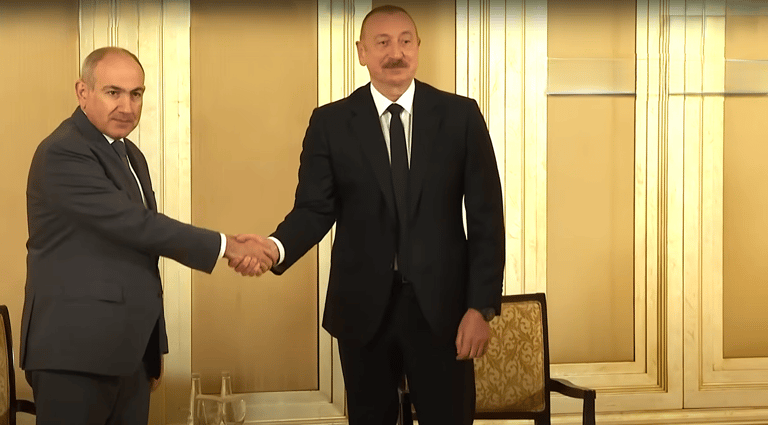Trump Secures Armenia–Azerbaijan Peace, Unveils Strategic TRIPP Corridor for Regional Prosperity
Donald Trump brokers a historic peace deal between Armenia and Azerbaijan, launching the TRIPP Corridor to boost trade, energy, and regional stability.
Raja Awais Ali
8/8/20251 min read


Trump Brokers Historic Peace Deal Between Armenia and Azerbaijan, Launches Strategic "TRIPP" Corridor
On August 8, 2025, President Donald Trump hosted a landmark peace summit at the White House with Armenian Prime Minister Nikol Pashinyan and Azerbaijani President Ilham Aliyev, culminating in a major agreement aimed at ending decades of conflict. The centerpiece of this breakthrough is the Trump Route for International Peace and Prosperity (TRIPP) — a strategic transit corridor linking mainland Azerbaijan to its exclave, Nakhchivan, through Armenian territory.
Under the agreement, Armenia will grant exclusive development rights for the corridor to a U.S.-backed consortium under a 99-year lease. While the infrastructure — which includes roads, rail, pipelines, and fiber-optic networks — will be governed under Armenian law, maintenance and construction will be managed by the consortium. This carefully brokered framework aims to boost regional economic integration and connectivity.
Beyond infrastructure, the agreement includes expanded cooperation in energy, technology, trade, and border security. As part of the deal, the obsolete Minsk Group mediation framework will be dissolved, marking a shift in diplomatic architecture in favor of direct U.S. engagement.
This development constitutes a significant geopolitical shift in the South Caucasus. It reflects diminishing Russian influence — weakened by its focus elsewhere — and opens an avenue for Armenia and Azerbaijan to pursue prosperity through integration. For Armenia, it signals economic revitalization; for Azerbaijan, it strengthens strategic ties with regional partners and the West.
However, the agreement hasn’t gone unchallenged. Armenian-American organizations have expressed concern that the deal fails to address accountability for past abuses or provide support for displaced communities. Critics also warn that the arrangement could threaten Armenian sovereignty by granting extensive operational control to external entities.
Despite these concerns, the TRIPP initiative stands as a rare diplomatic success in a region long marked by frozen conflict. It reinforces Trump’s image as a dealmaker, even catapulting him back into discussions of global peacemaking.
As the partnership unfolds, the key question remains: Will this carefully designed framework translate into lasting peace or simply represent a temporary diplomatic achievement?